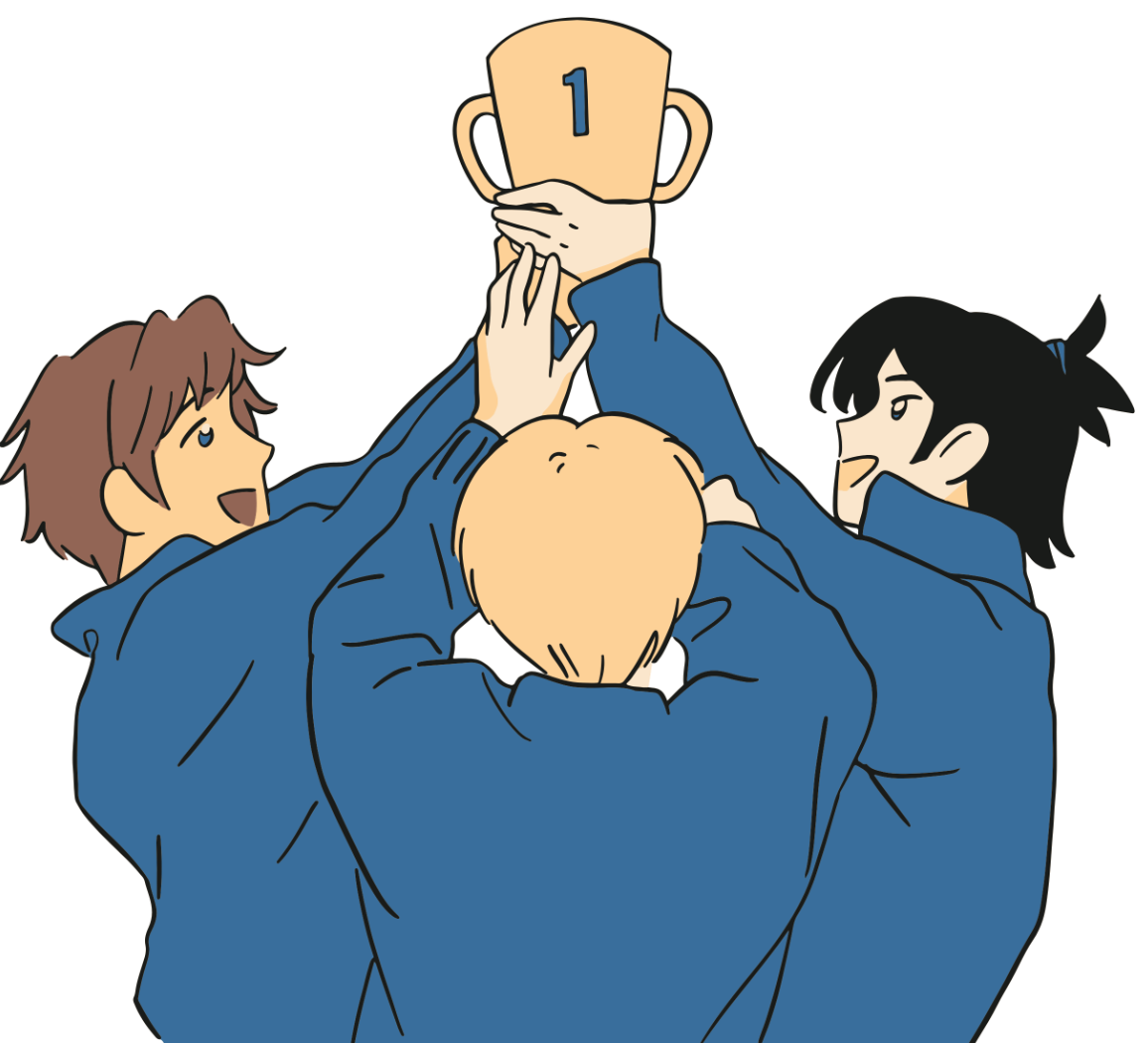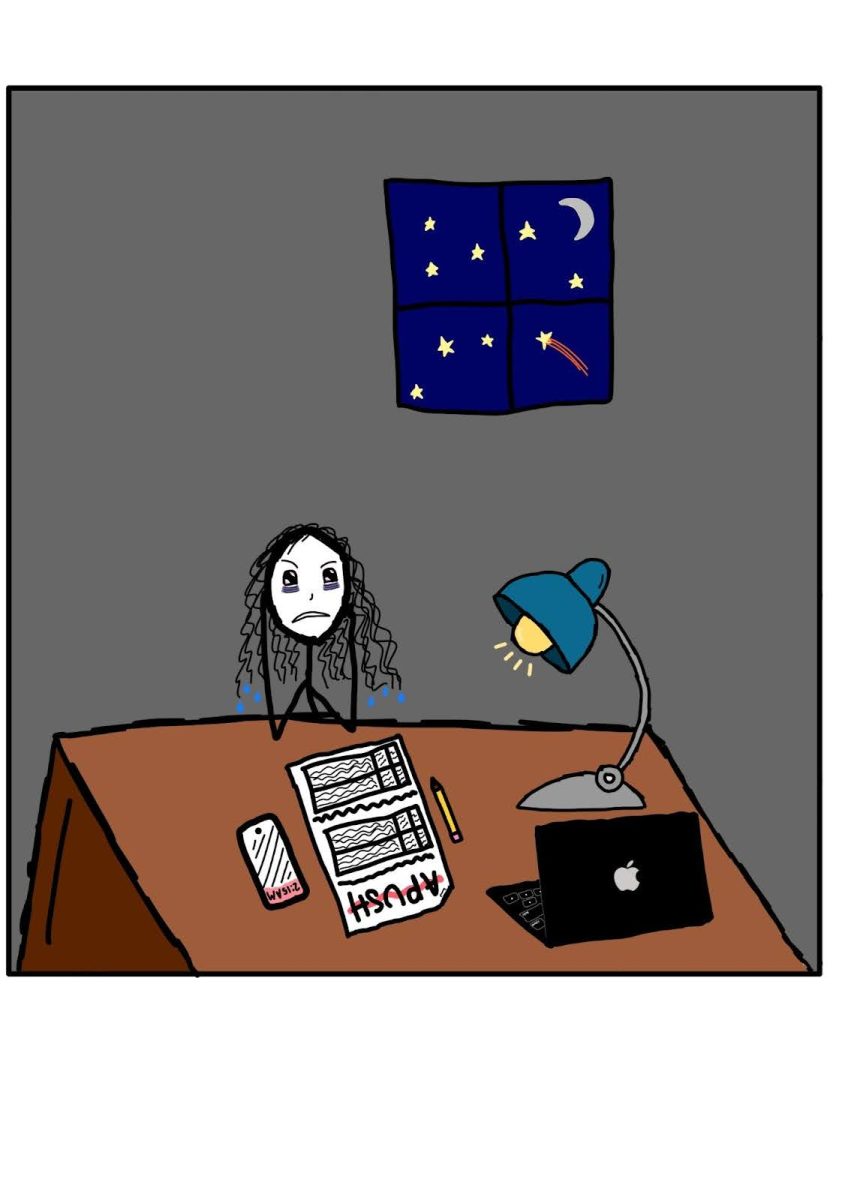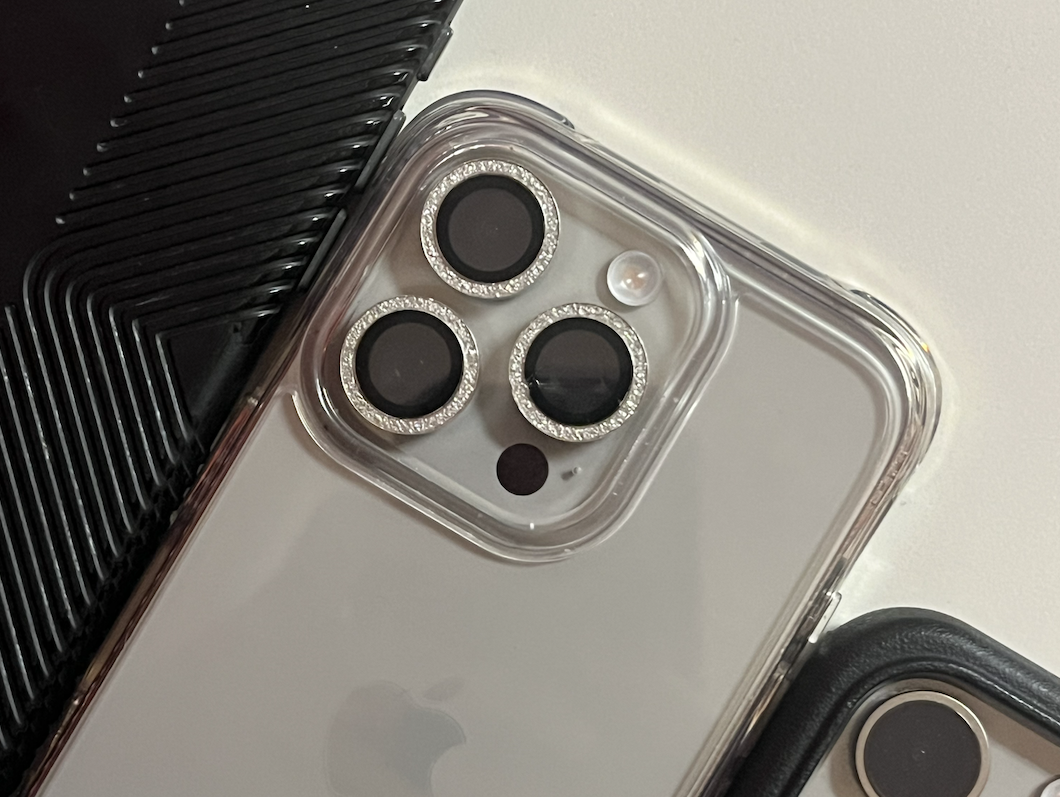When we think of sports games, we usually think of basketball or football. In both of these sports, there is only one winner, the team that scores the most points. Well, nowadays even the losers are getting trophies when they didn’t even win. These participation trophies mean nothing and are discrediting the actual winners, placing everyone on equal ground where they don’t deserve to be. Inflicting false confidence in kids can alter a young person’s perception of their mind and how they perform in the real world.
Teams that win sports games work very hard to achieve this, so giving everyone a participation trophy makes the actual winner feel like their skills are equal to the team that lost. Kids may feel like their efforts have gone to waste and feel resentment for the sport, justified, as in most circumstances, the winners deserve their earned recognition. Implementing this confidence with the kids that lost, makes them overly confident and a bit arrogant. A child cannot learn and grow if they do not fail, the only way we can truly develop is if we make mistakes and understand why we made them. This cannot be achieved without failure.
In the future, kids will have to eventually get jobs and make a living. If they never know how to handle failure, then they will not be prepared for the workforce. Being able to navigate and understand why you lost something or failed is an extremely important life skill. Confidence, while important, is just as important as being humble and being able to improve through failure. In school, kids are taught how to be on top of work and get things turned in on time. But if there are no consequences for late work or not finishing something, then students won’t understand the consequences of their actions. This greatly affects their future because when held accountable at work, they won’t understand that being reprimanded for not getting things done on time will be penalized.
Leveling the playing field is very important in many ways, but by doing this, students that actually do put in the hard work don’t get as much credit as the kids who don’t. Everyone has a different way of thinking, when it comes to quality of work, the kids that put more effort in should do better compared to the kids that don’t. We don’t always see these differences because of the participation points or the teacher grading on completion rather than based on actual work.
I think that giving kids confidence is very important, but when we don’t allow kids to fail when they are younger, they won’t know or be able to fail when they are older. By implementing different activities or ways of grading, we can then help prepare kids for the future.










